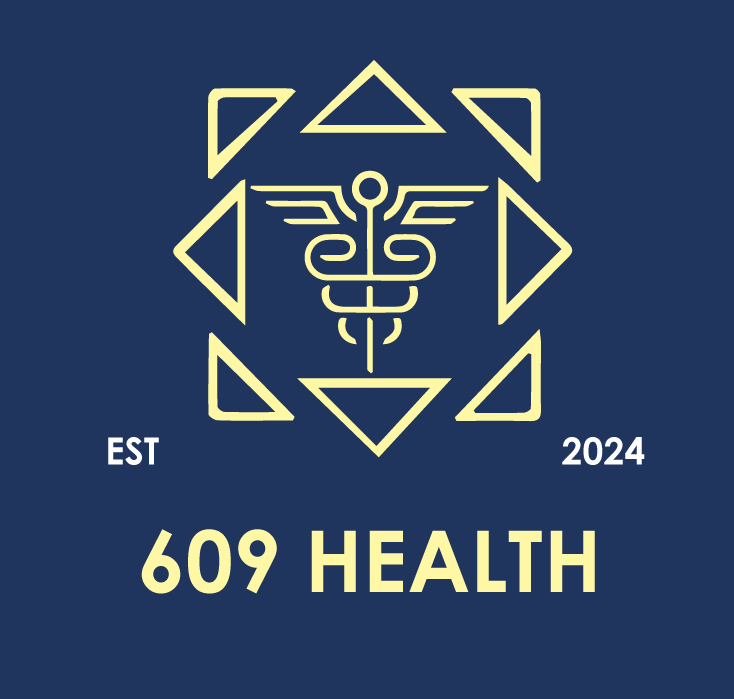“If your EHR strategy starts and ends with ‘we’re in Epic,’ then you don’t have a strategy.”
For years, pharmaceutical brands have treated Epic—and EHRs in general—like a box to check. The thinking goes: “If we’re visible in the workflow, providers will engage with us.”
But just being present isn’t a strategy. It’s barely a tactic. In fact, if you’re not thoughtful about how you show up, EHR visibility can actually backfire, making your brand irrelevant, forgettable, or even disruptive in all the wrong ways.
The Fallacy of Visibility
Commercial teams are under enormous pressure to “embed” themselves into the clinical workflow. It sounds great in boardrooms: SmartPhrases! Order sets! Integration!
But what does that really look like at the point of care?
Often, it’s a SmartPhrase no one remembers, a banner ad providers mentally filter out, or an order set buried four clicks deep that no one can find—let alone use.
The reality is harsh but important: visibility without value is noise.
Providers today are more overloaded than ever. Every click counts. Every decision is made under time pressure, amidst patient expectations, regulatory demands, and financial realities.
If your EHR content doesn’t help them do their job faster, better, or more aligned with their value-based care goals, it’s not just ignored—it’s actively resented.
What Workflow Optimization Really Looks Like
True workflow optimization isn’t about where you show up; it’s about why and how you show up.
It’s about aligning your presence to the way clinicians actually think, work, and make decisions in real time.
Optimization means:
- Reducing friction, not adding more.
- Anticipating needs, not interrupting processes.
- Embedding utility, not marketing.
In practice, that might mean building a Smart Phrase that’s not just a branded reminder, but an actual clinical shortcut—a two-click way to save a minute during charting.
It might mean integrating into an order set that’s aligned with a quality metric, so using it helps a provider meet their MIPS score.
It might mean being present only where and when it matters, not everywhere you can technically squeeze in.
Epic Is Not the Strategy—It’s the Canvas
Epic, and other EHRs, are not the endgame. They’re the medium.
The goal is not “be in Epic.”
The goal is “make Epic easier for providers in ways that matter to our brand.”
That’s the epic opportunity (pun intended): to stop thinking about workflow optimization as visibility and start thinking about it as enablement.
The brands that understand this will win not just screen space—but mindshare, loyalty, and real clinical impact.


